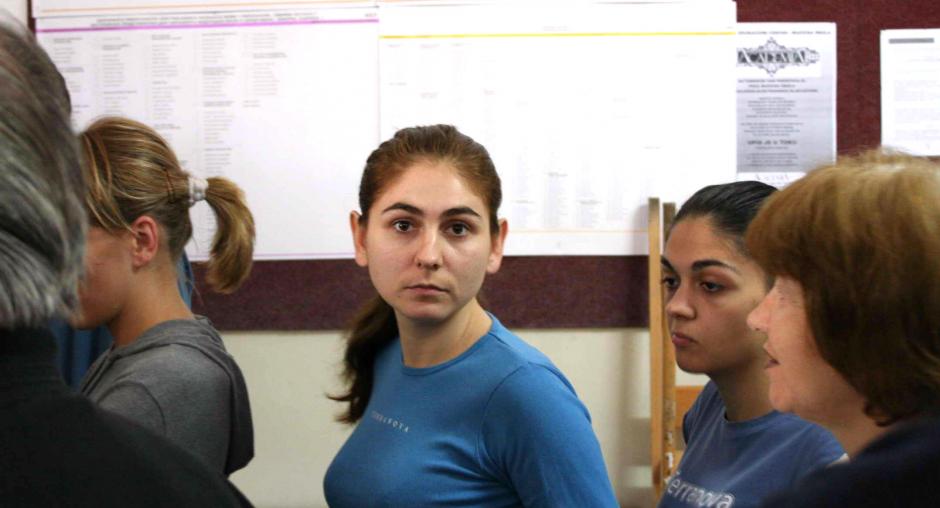First elections fully administered by Bosnia and Herzegovina authorities show further progress

SARAJEVO, 2 October 2006 - Yesterday's general elections in Bosnia and Herzegovina were generally administered in line with international standards and represented further progress in the consolidation of democracy and the rule of law. These were the first elections since the 1995 Dayton Peace Agreement to be fully administered by the country's authorities.
However, due to constitutional ethnicity-based limitations, these elections were again in violation of international standards and commitments for universal and equal suffrage, concluded the International Election Observation Mission in a statement in Sarajevo today.
"Real progress toward democracy in Bosnia and Herzegovina was made yesterday, and I congratulate the country and its people for conducting a fair electoral process in which representatives could be freely chosen", said David Heath, Head of the OSCE Parliamentary Assembly Delegation and Special Co-Ordinator of the OSCE short-term observer mission.
Lord Russell-Johnston, Head of Delegation of the Parliamentary Assembly of the Council of Europe, said: "The sun shone on a tranquil and well organized election, in which all citizens and peoples of BiH showed their firm commitment to a democratic society. I was greatly encouraged and am now confident that before the next election a constitution will be agreed which will finally be fully in line with Council of Europe standards and commitments".
Some 94 per cent of observers assessed the voting positively, but citing instances of overcrowding, family voting and voters not being found on the voter lists. However, Polling Stations Committees generally were helpful in assisting voters in locating their polling stations. The process deteriorated somewhat during the count, which 20 per cent of observers assessed negatively, frequently noting procedural irregularities.
"Despite overall well administered elections, it was a disappointment to see some problems emerge during the count. All necessary steps, including effective training of election officials, should be undertaken so that voters' confidence can be more fully assured", concluded Ambassador Lubomir Kopaj, Head of the long-term observation mission of the OSCE Office for Democratic Institutions and Human Rights.
A wide political spectrum, with 56 parties, coalitions and candidates, and a diverse media provided voters with a broad choice. The election campaign was calm, overall, but marked by sharp nationalist rhetoric and occasional inflammatory statements.
Save for the constitutional limitations mentioned above, the election legislation provides a sound basis for the conduct of democratic elections. The transition from an active to a passive system of voter registration was conducted in a generally smooth manner and appeared to be well accepted. The Central Election Commission performed its duties in a transparent and efficient manner and enjoyed confidence amongst political subjects.
